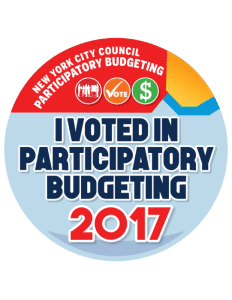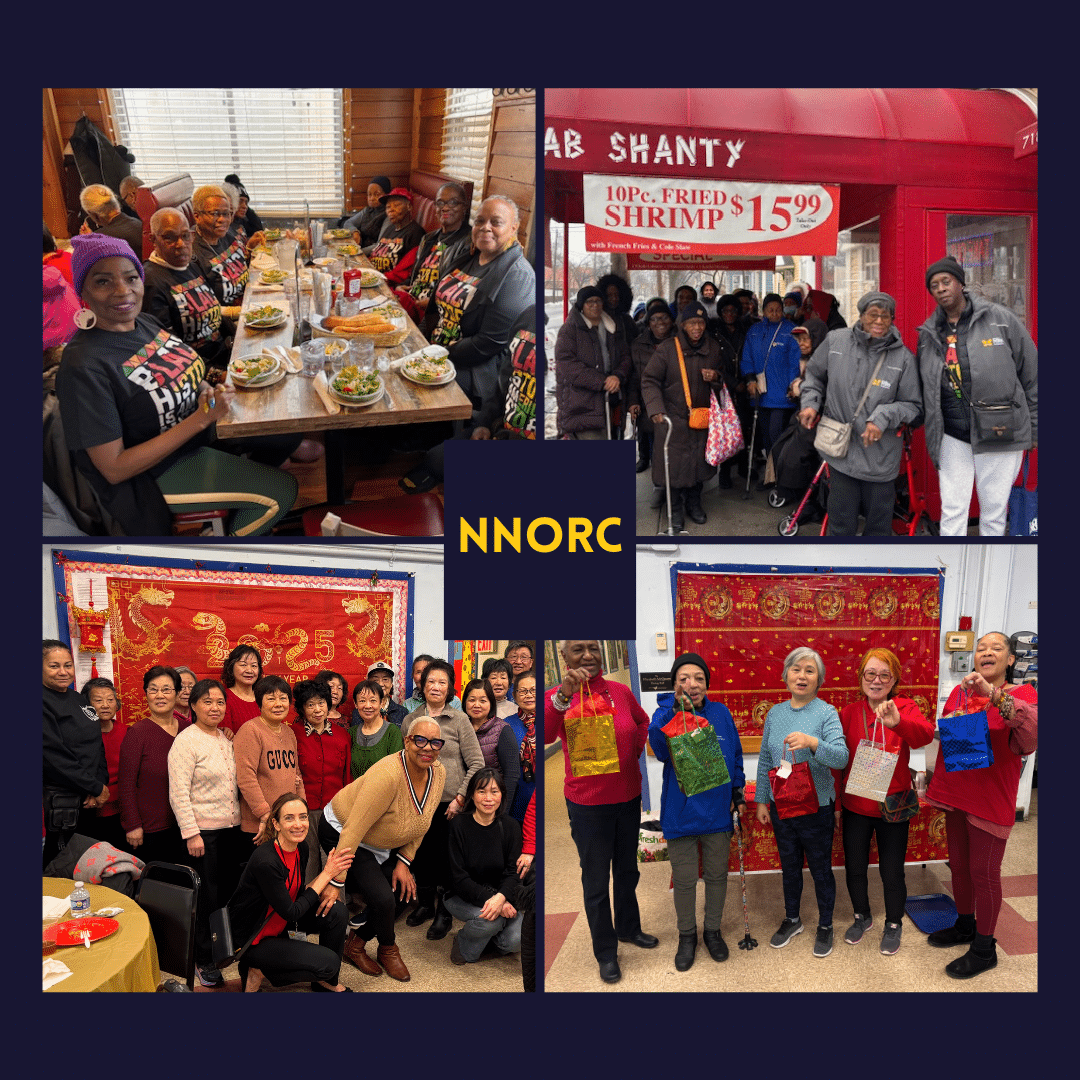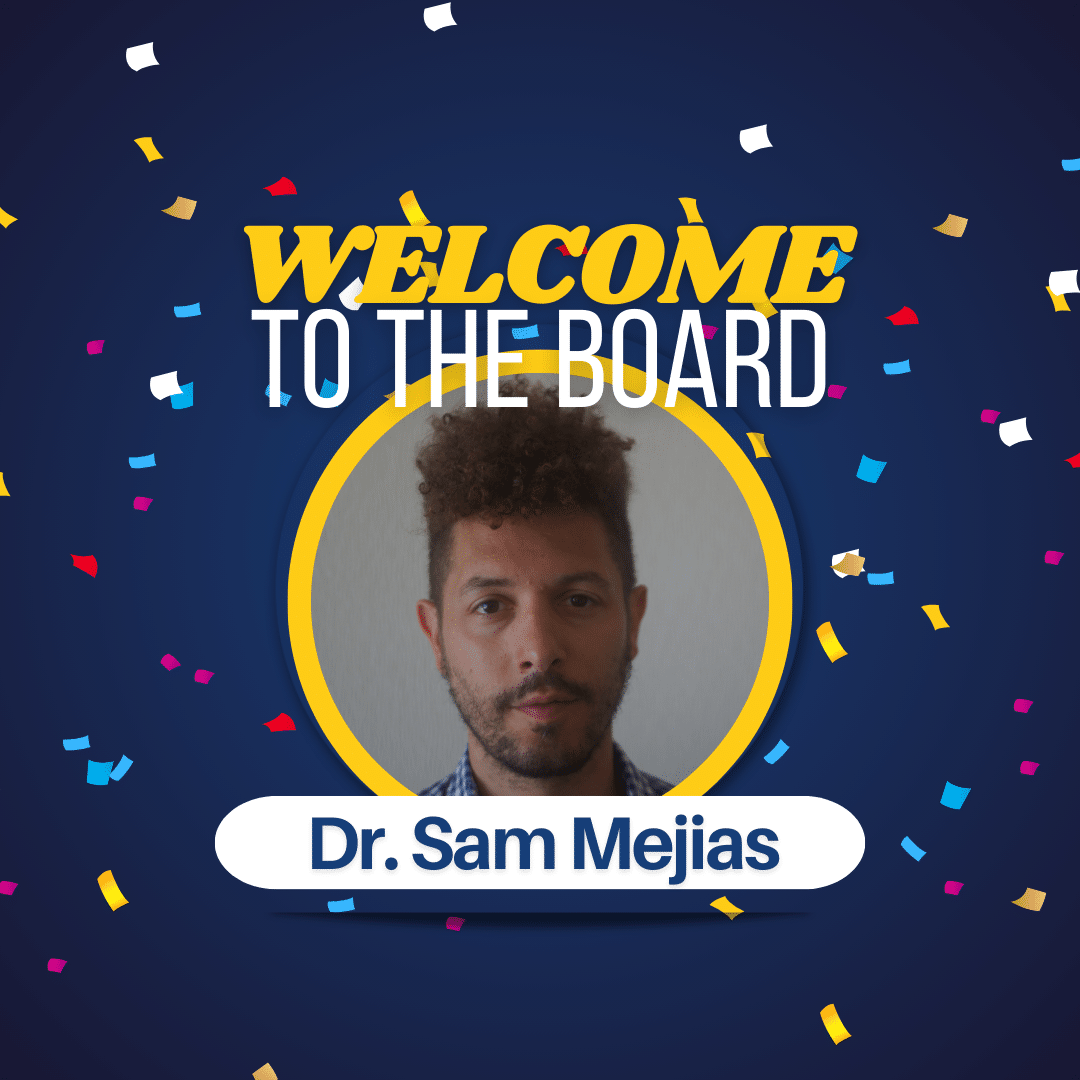In recent years, the democratic process of participatory budgeting (PB) has been steadily growing in popularity across the five boroughs. Here in District 26, Council Member Jimmy Van Bramer just marked his third year of successfully engaging residents in deciding how $1 million dollars of discretionary capital funds should be spent – an initiative that Riis Settlement played an active role in this year. Serving as community partner to Councilmember Van Bramer and his team, Riis Settlement staff members and participants volunteered as canvassers and poll workers in the last week of March, helping to spread the word and encouraging residents in the Queensbridge and Ravenswood communities to cast their votes!
The district saw a record participation rate this year with a total of 5,125 residents casting ballots for community improvement projects – marking a 42 percent increase over the previous year’s 3,600 votes. This year was also the first time that residents could vote online and nearly a fifth of voters (1,077) chose to do just that.
When announcing the results on April 28th at the Woodside Library, Council Member Van Bramer declared that “because of the overwhelming enthusiasm for this year’s projects”, he would “go beyond the $1 million promised and fund 6 projects at almost $1.8 million dollars”. Of the eighteen proposed project ideas that ended up on the ballot, the following six projects garnered the highest number of votes:
- Mobile laptops and carts for P.S. 12, 76, 111, 112 and 116, as well as the Academy of American Studies and Aviation High School at a cost of $700,000;
- Bathroom upgrades for P.S. 12, 112 and 199 at a cost of $450,000;
- Auditorium upgrades at PS 111 and 166 at a cost of $200,000;
- Water fountain installation at P.S. 112 at a cost of $80,000;
- Expansion of the Teen Space and technology upgrades at the Woodside branch of the Queens Library at a cost of $150,000; and,
- Countdown clocks at bus stops throughout the district at a cost of $200,000
The district schools were clearly this year’s big winners, and that’s all thanks to the residents who got involved and made their voices heard. As an organization that has dedicated the last three years to expanding its voter mobilization efforts through its partnership with Community Votes, we are pleased to have played a small part in making this participatory budgeting cycle such a success and look forward to helping more residents get involved in the years ahead.



